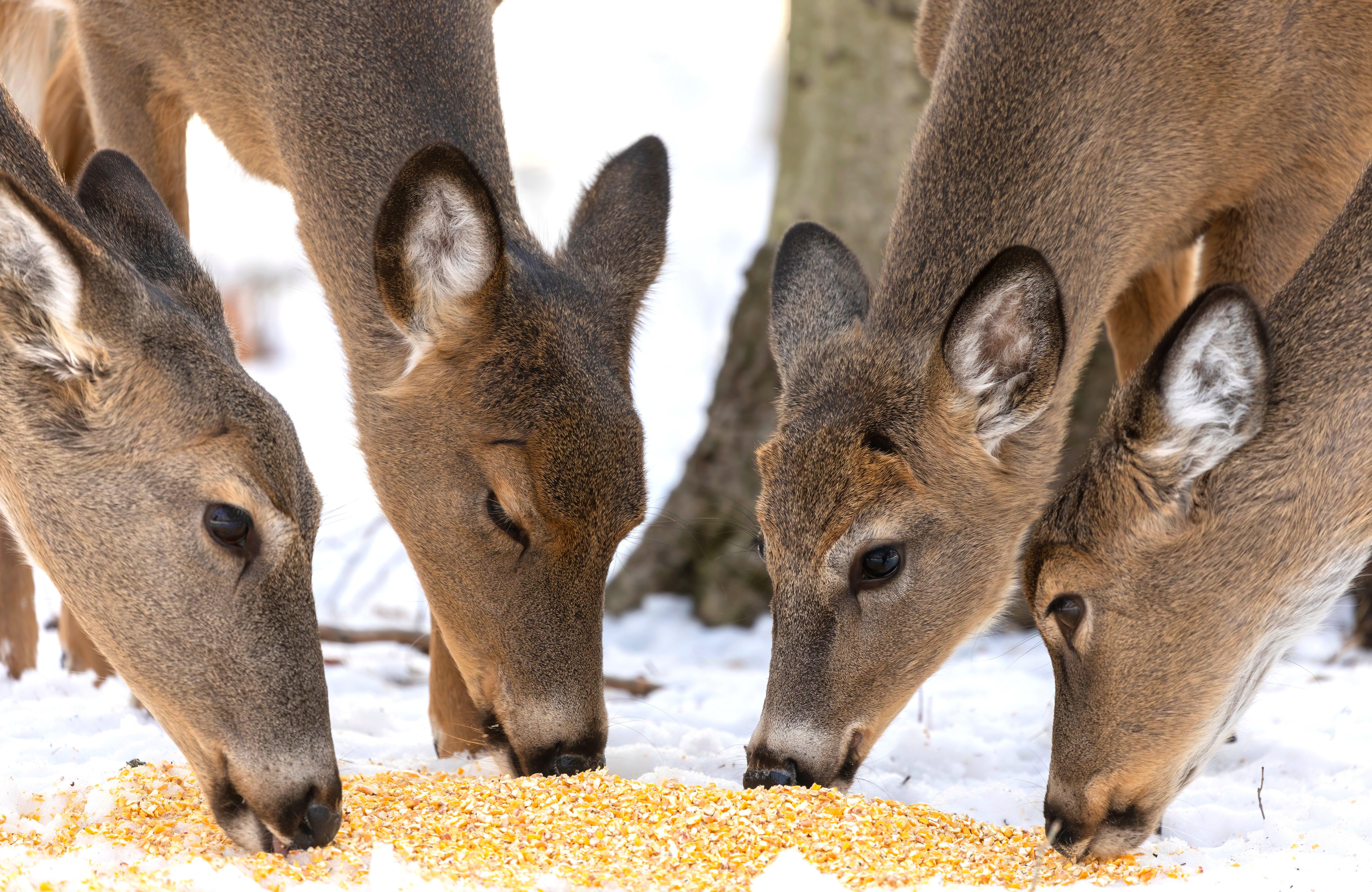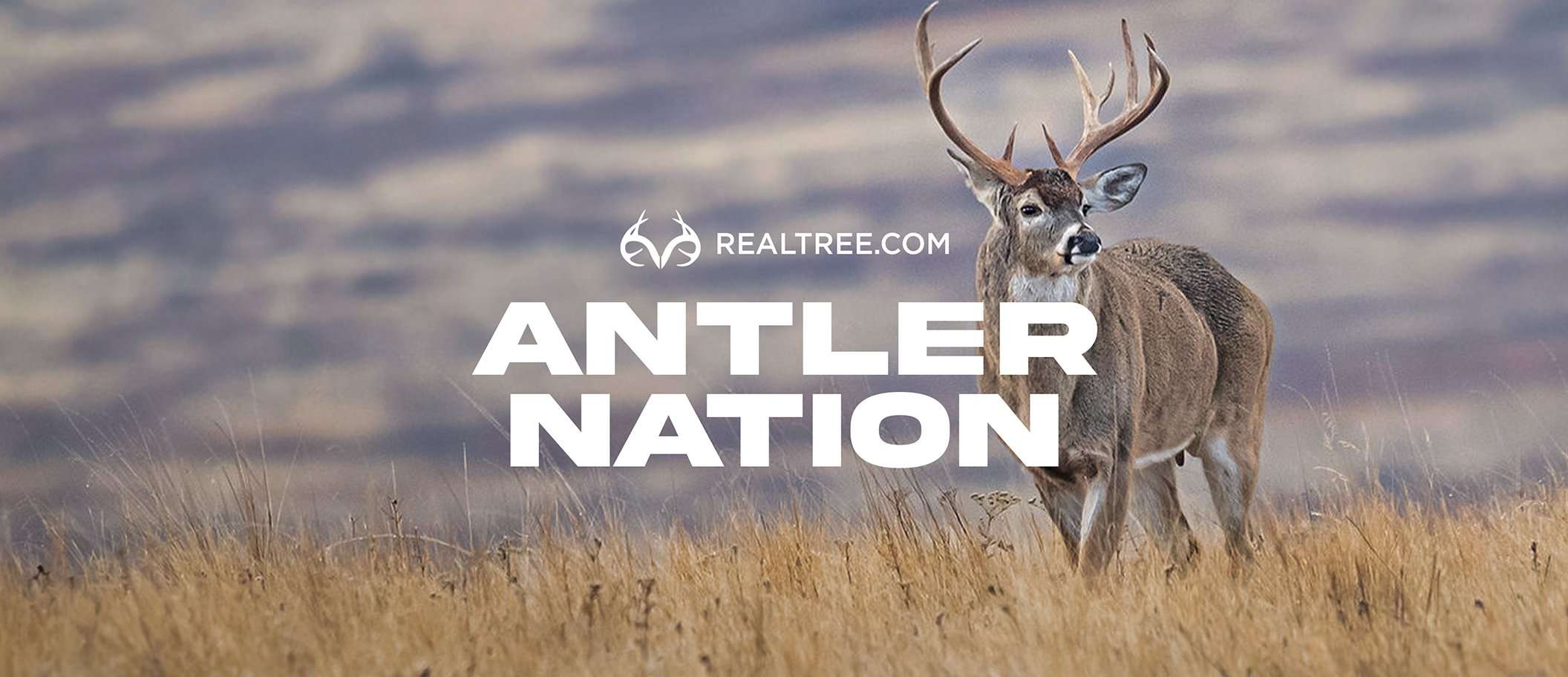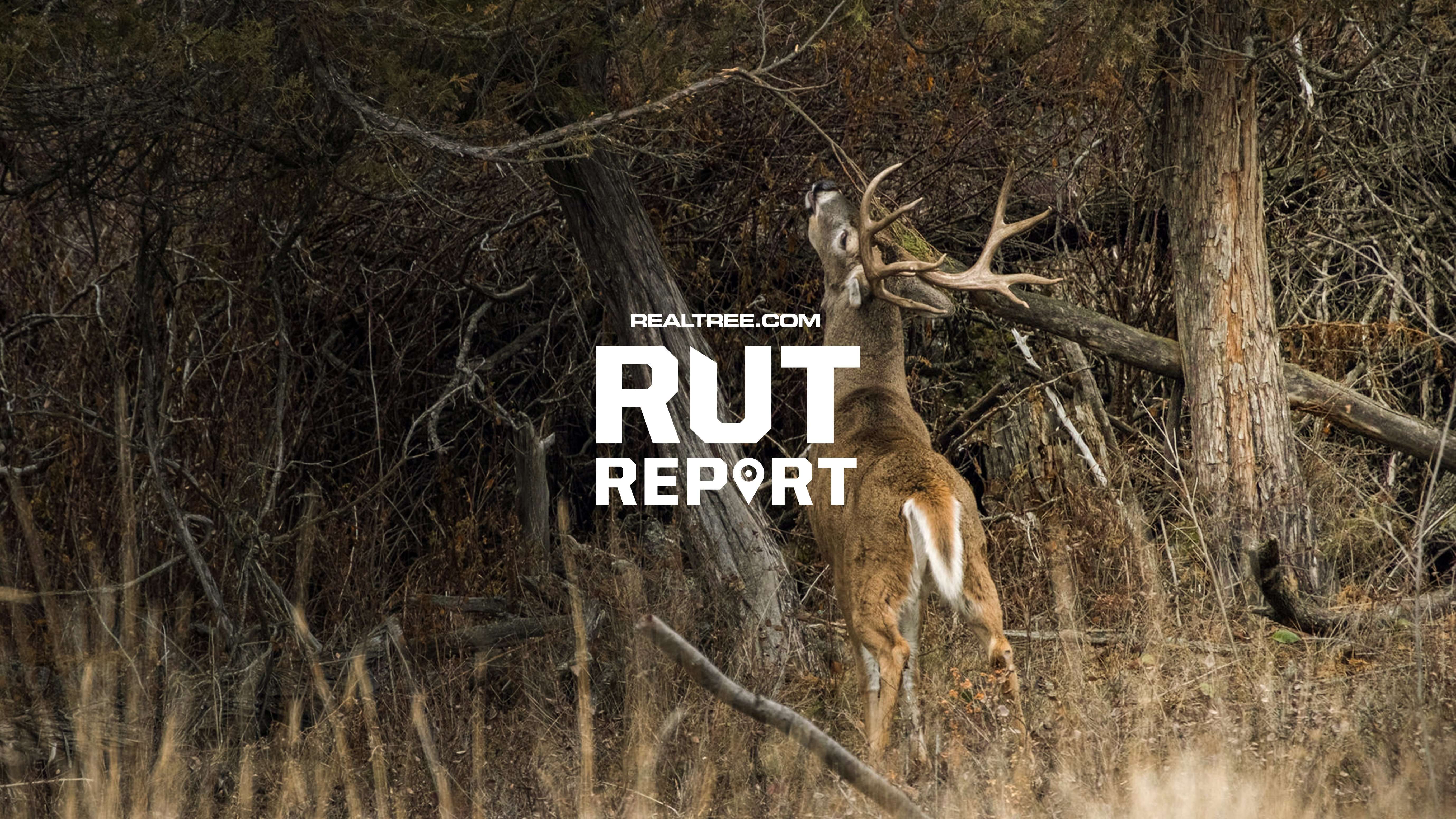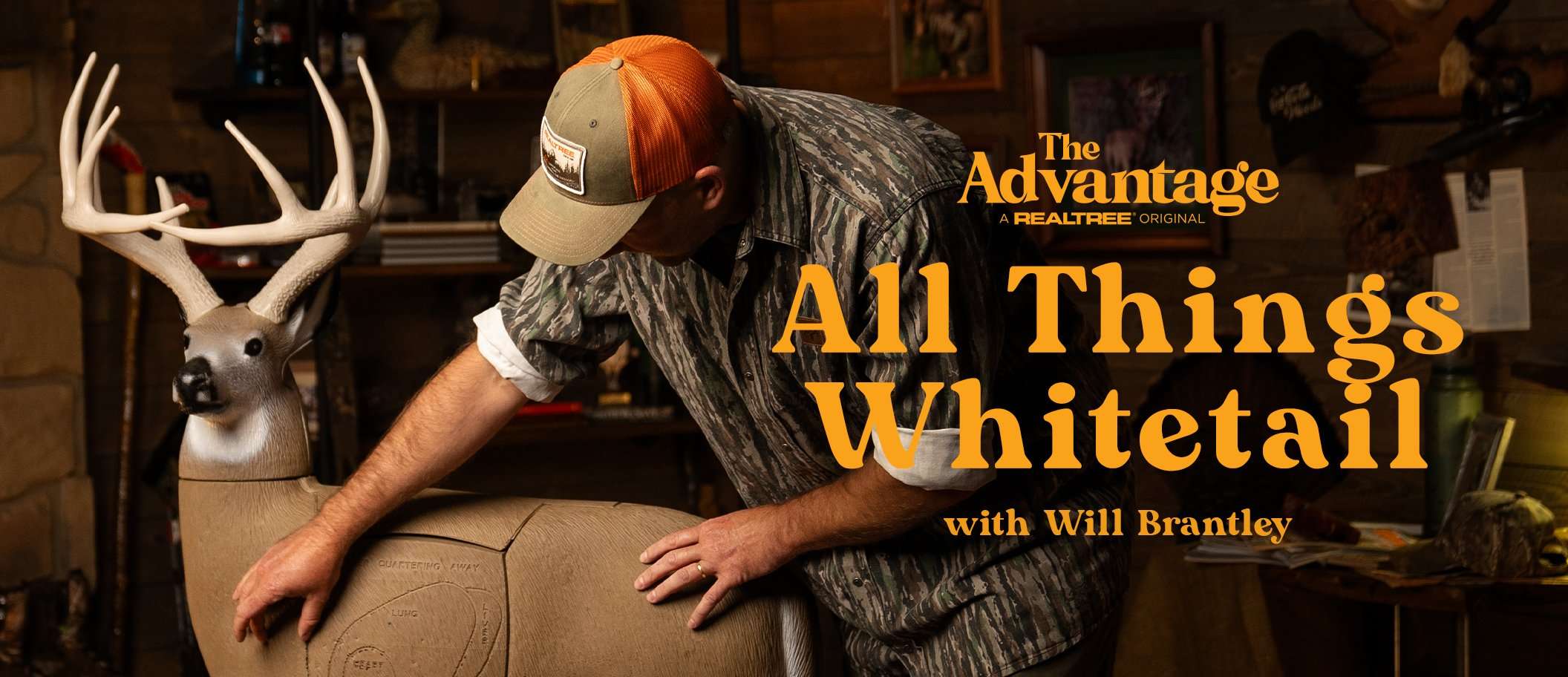The Game and Fish Department says baiting bans are necessary to prevent the spread of CWD, but opponents say the bans infringe on private property rights and are more about regulating hunting ethics

North Dakota lawmakesrs have passed a bill forbidding the Game and Fish Department from banning baiting. (Photo by Karel Bock)
North Dakota Governor Kelly Armstrong has signed a bill that stops the state’s Game and Fish Department from instituting baiting bans.
According to inforum.com, the house passed Senate Bill 2137 on Friday, April 11, which forbids Game and Fish from instituting baiting bans in the state. The department claims the practice is designed to mitigate the spread of disease, such as CWD, in game populations. But the bill passed the House in a 56-34 vote and northdakotamonitor.com reports that the Governor signed the bill on April 17.
Previously, the House Energy and Natural Resources Committee adopted two amendments to the bill, which were both struck down on the House floor.
One of the amendments would have limited the amount of feed that could be placed in a single hunting location and how close the feed could be placed to property used for animal agriculture. The other would have instructed Game and Fish to continue chronic wasting disease testing, and to present a report to legislative management on surveillance and testing protocols.
“It almost appears like people are scared to hear anything about chronic wasting disease,” Rep. Dick Anderson, R-Willow City, said on the floor in defense of one of the amendments. “In committee, we hear that it’s coming and it’s not. So the only way to make sure if you are positive that chronic wasting disease is not a problem then you should welcome this report. But it is important to have the data and in order to have the data we have to let the North Dakota Game and Fish (Department) do their studies.”
The bill’s supporters said that baiting bans infringe on private property rights and are based on unwarranted fears over the spread of CWD. They claim that, since deeer already congregate in herds for the winter, feeding them does not increase the spread of disease. In addition, they claim that the bans make little sense because North Dakotans are allowed to place feed year-round; the bans would simply outlaw hunters from killing game over feed.
“This baiting ban from Game and Fish is not about chronic wasting disease,” Rep. Matthew Ruby, R-Minot, said. “It is about whether the Department thinks baiting is ethical or not.”
According to Game and Fish, baiting extends the amount of time deer congregate unnaturally and increases the likelihood of CWD spreading.
“Anytime that we do something to extend what already happens naturally, we're increasing the risk,” Game and Fish Wildlife Chief Casey Anderson said after a Senate committee hearing earlier this session.
Rep. Jim Grueneich, R-Ellendale, says there’s only been one confirmed death ever recorded from CWD in North Dakota. That refers to an emaciated whitetail found dead by a landowner near Williston in February 2019.
New data from the department reveals that in 2024, there were 17 positive cases of CWD in the state including 15 in hunter-killed deer, and two in deer that were found sick or dead and diagnostically tested. The disease was also detected in two new hunting units last year.
Since 2009, which was the first year the case was detected in North Dakota, there have been 122 positive cases of CWD identified in the state.
The bill’s opponents claim removing the ability to institute bans in hunting units where CWD or other diseases have been detected hurts the department's ability to lessen the spread of diseases in game populations.
Game and Fish establishes baiting bans in hunting units if they are within 25 miles of a CWD detection. The department lifts deer baiting restrictions in units where CWD has been found if the number of adult deer equivalent to at least 10% of allocated gun licenses are tested for the disease within a year and all results are negative.
“I’m not sure this is a baiting bill. I think this is a hunting bill,” Grueneich said. “This is about private property rights, being able to hunt when you want — within season limits — and how you want, on your land.”
In a statement, Gov. Armstrong, who is a hunter, said, “We can deal with wildlife management and respect private property rights.”












